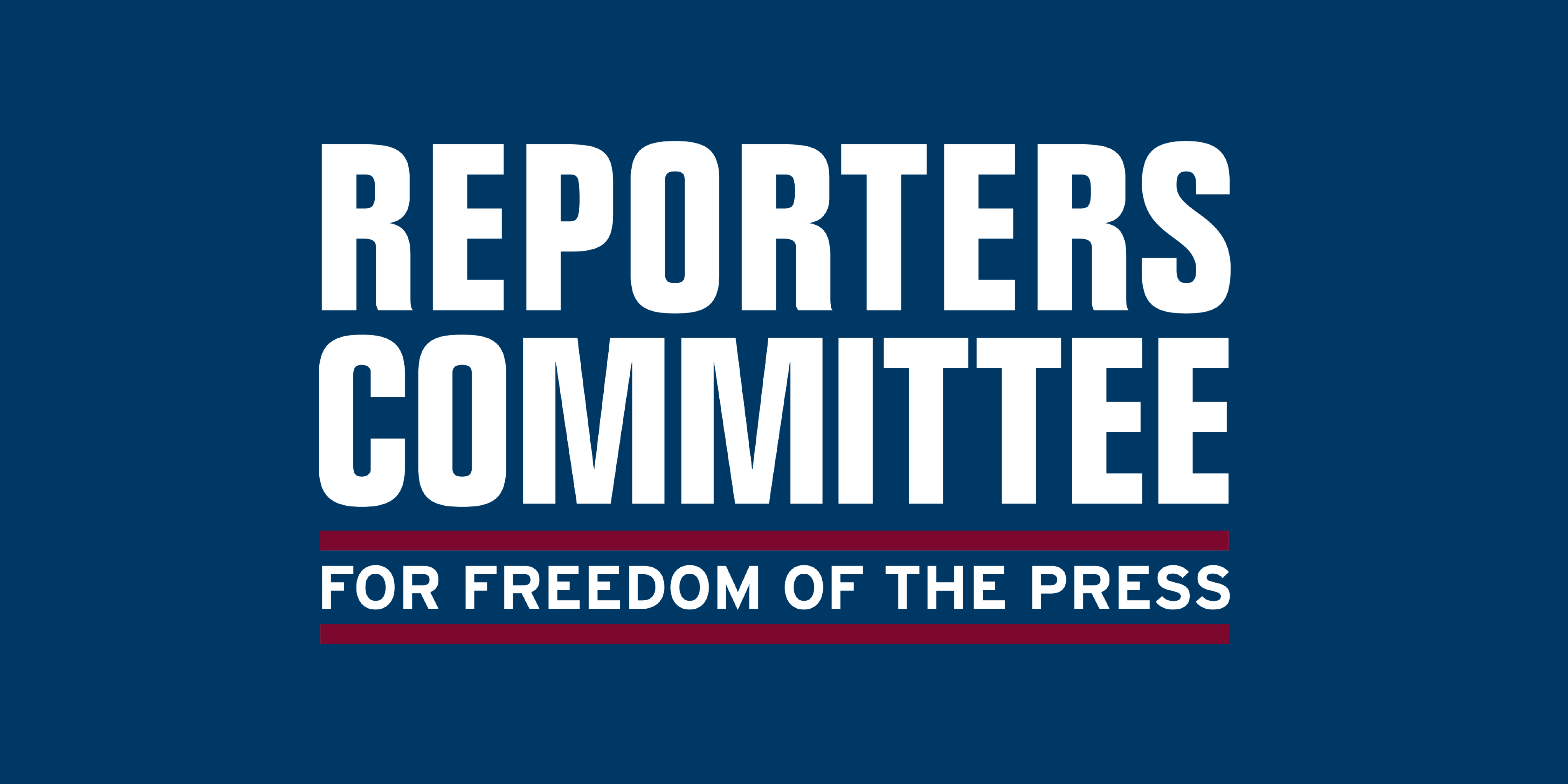Reporters Committee statement on Trump Justice Department obtaining CNN journalist’s phone, email records

On Thursday, CNN reported that its Pentagon correspondent, Barbara Starr, was notified in a May 13 letter that the U.S. Department of Justice seized her telephone toll records and email metadata spanning a two-month period in 2017.
Current Justice Department officials confirmed to CNN that the department initiated the process of seizing the records in 2020, under the Trump administration. The news comes just three weeks after the Washington Post reported that Trump’s Justice Department authorized, also in 2020, the secret seizure of phone records of journalists at the Post from roughly the same period in 2017.
Bruce Brown, executive director of the Reporters Committee for Freedom of the Press, made the following statement:
“This is a big story that just got bigger. That a journalist from another news organization had communications records seized by the Trump Justice Department suggests that the last administration’s efforts to intrude into reporter-source relationships and chill newsgathering is more sweeping than we originally thought. The Justice Department’s current leadership should provide a detailed explanation about what exactly happened and why, and how it plans to strengthen protections for the free flow of information to the public.”
Under the Justice Department’s news media guidelines, prosecutors should notify reporters in advance of any government seizure unless the attorney general determines “for compelling reasons” that notice would “pose a clear and substantial” threat to an investigation, “risk grave harm” to national security, or “present an imminent risk of death or serious bodily harm” — an important requirement that ensures that journalists and news organizations can negotiate the scope of a subpoena or court order, or challenge such demands in court.
Earlier this month, Brown wrote a guest essay for the Columbia Journalism Review discussing concerns over the decision not to provide advance notification to the affected journalists at the Post.
In a related development, Reporters Committee attorneys recently filed a Freedom of Information Act lawsuit against the Justice Department to obtain records on the Trump administration’s approach to the news media guidelines. Earlier this year, Reporters Committee attorneys submitted FOIA requests seeking documents related to the Trump administration’s application of and deliberations concerning the guidelines. The requests were filed after Trump Justice Department officials reportedly considered changing the rules for seizing journalists’ records.
The Reporters Committee regularly files friend-of-the-court briefs and its attorneys represent journalists and news organizations pro bono in court cases that involve First Amendment freedoms, the newsgathering rights of journalists and access to public information. Stay up-to-date on our work by signing up for our monthly newsletter and following us on Twitter or Instagram.